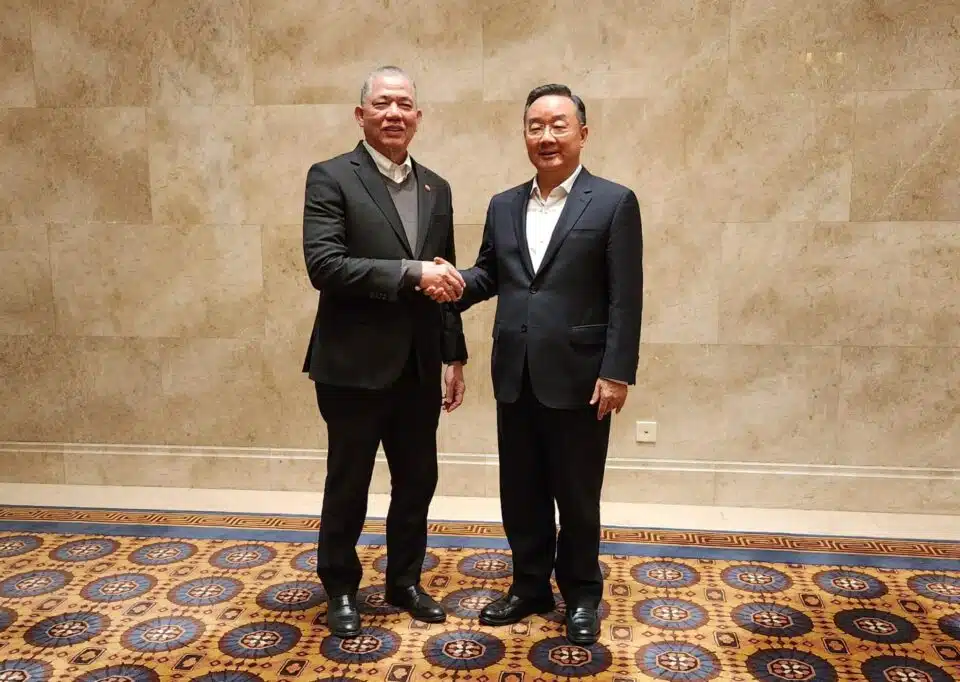BEIJING, Nov 18 — Malaysia aims to strengthen cooperation with China’s Agriculture and Rural Affairs Ministry and Green Food Development Centre, said Deputy Prime Minister Datuk Seri Fadillah Yusof.
The cooperation relates to the acceptance by both countries of the China Green Food Certification Scheme and the Malaysian Sustainable Palm Oil (MSPO) to encourage sustainable development.
Fadillah, who is also Minister of Plantation and Commodities, said this after attending a meeting with China’s Agriculture and Rural Affairs Minister, Tang Renjian, on Friday (November 17).
The meeting with Tang concluded the third day of his official visit to Beijing.
“Our meeting focused on efforts to increase trade and exports of palm oil and related products to China.
“Besides that, I expressed gratitude to China for its effort in supporting the cooperation between the Malaysian Palm Oil Certification Council and China Green Food Development Centre, and also the acceptance to the MSPO,” Fadillah said.
During his official visit to Beijing, he also held his third bilateral meeting with China’s Vice Premier, Ding Xuexiang, and visited the Chinese Academy of Agricultural Sciences (CAAS).
CAAS is an agricultural scientific research organisation for the agriculture sector, carrying out basic research and developing new technologies to address various challenges in advancing the agriculture sector and the rural economy in China.
“As a firm supporter of the Belt and Road Initiative, Malaysia is committed to (forging) regional relations.
“I also congratulated China and President Xi Jinping on the republic’s success in hosting the Third Belt and Road Forum for International Cooperation in Beijing.
“It is also to commemorate the 50th anniversary of Malaysia-China diplomatic relations next year, whereby both parties have agreed to organise various programmes and activities,” Fadillah said.
In 2022, China imported 3.14 million tonnes of palm oil and related palm products from Malaysia.
“I hope China will continue to support the palm oil sector as well as increase its imports to 3.4 million tonnes or more in 2024,” he said.
— Bernama





